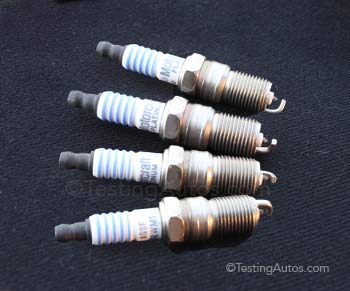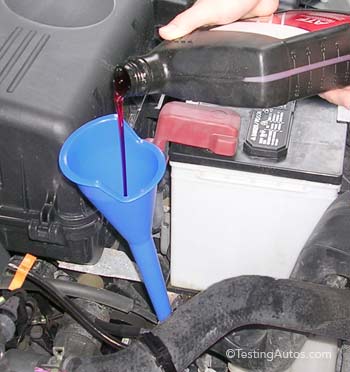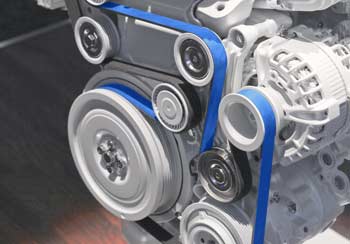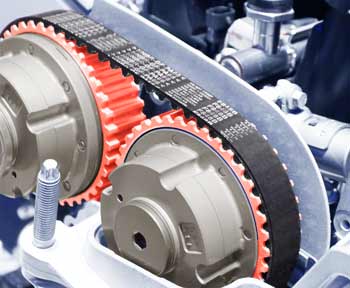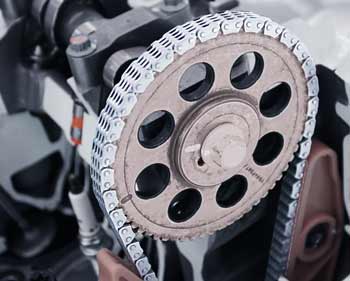Car Won't Start? How to Identify a Bad Battery and Fix It
By Vlad Samarin January 05, 2025
Finding your car won't start can be frustrating, especially when you're unsure if the battery is to blame. This guide will help you diagnose a potential battery issue, outline solutions, and provide cost estimates for repairs.
How to Diagnose a Bad or Low-Charge Battery
Here are a few steps to help determine if your car's battery is the issue:- Observe the dash lights: If the dash lights go dim or start blinking when you try to start the car, and there's no sound of the engine turning over, the battery is likely low or bad.
- Listen for engine activity: If the engine tries to turn over but stops, this also points to a battery issue.
- Engine turns but doesn't start: If the engine turns over normally but the car doesn't start, the problem lies elsewhere.
- No response at all: If nothing happens when you attempt to start the car and the dash lights stay on, the issue might be with the starter motor or another component (as well as the battery).
Boosting a Low or Dead Battery
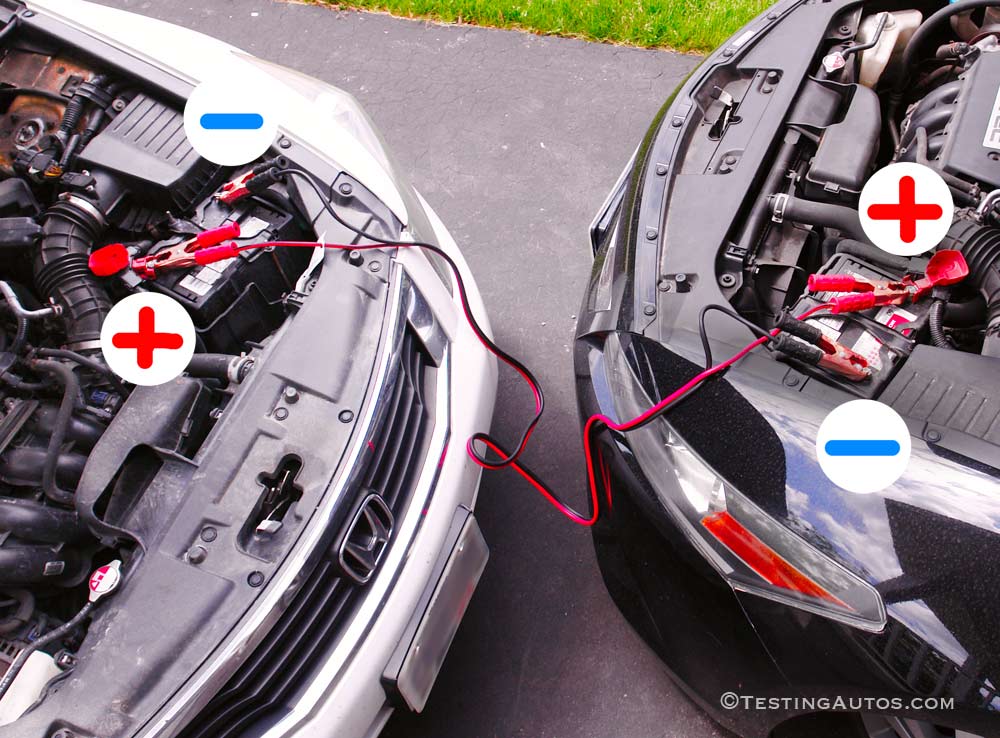 If you suspect the battery is low or dead, boosting it can confirm the issue. Here's how to safely boost a battery:
If you suspect the battery is low or dead, boosting it can confirm the issue. Here's how to safely boost a battery:
- Use a portable booster or jumper cables connected to another car. Consult your owner's manual for exact instructions and precautions
- Connect the Positive (+) terminal of the booster or cables to the Positive (+) terminal of the battery.
- Connect the Negative (-) terminal of the booster or cables to the Negative (-) terminal of the battery.
- Start the car and then disconnect the booster or cables in reverse order.
Recharging vs. Replacing the Battery
Once the car starts, let the engine run for 20-30 minutes to recharge the battery. Then shut the car off and try starting it again:- If the car starts: The battery may just need a full recharge. Visit an automotive shop to test the battery's health using a battery tester.
- If the car doesn't start: The battery likely needs to be replaced, or there may be an issue with the charging system (usually the alternator).
Battery Lifespan and Replacement Costs
A car battery typically lasts 5-7 years. Smaller or some AGM (Absorbent Glass Mat) batteries in cars with Start-Stop or Idle Stop systems may fail sooner, often lasting 3-5 years.Battery Costs:
- Standard lead-acid battery: $100 to $300 USD
- Premium AGM battery: $250 to $400 USD
Labor Costs:
If you opt to have a mechanic or dealership replace the battery, labor costs generally range from $30 to $100 USD, depending on the complexity of the installation.Conclusion
Diagnosing a bad battery can be straightforward with the right steps. Boosting the battery is an effective way to verify if it's the issue. If the battery is confirmed to be bad, you can choose between recharging or replacing it. Remember, regularly testing your car's battery can save you time and hassle in the long run.About the author: Vlad Samarin is an automotive expert with over 20 years of hands-on experience in the industry. As an ASE Master Automotive Technician, Vlad specializes in diagnosing and repairing a wide range of vehicle issues, sharing valuable insights to help drivers stay informed and confident on the road.
